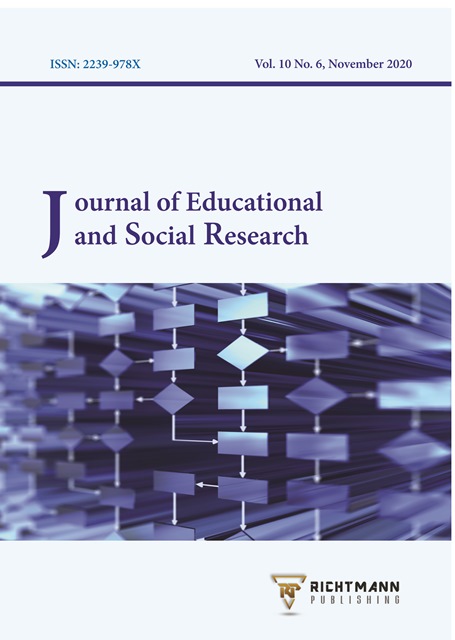Interpreting for EFL Speakers in Humanitarian Organizations (MSF- Jordan): Roles and Challenges
DOI:
https://doi.org/10.36941/jesr-2020-0127Abstract
This paper sheds light on the subjective experiences of interpreters who work with an international, medical humanitarian organization, namely MSF-Jordan. The paper seeks to explore the role/s that interpreters identify themselves as performing when working with MSF-Jordan, the challenges they encounter when working for such organizations where most of the officials are EFL speakers, and the strategies they adopt to overcome the challenges. The study uses a qualitative method through conducting interviews in the form of a questionnaire that was sent to seventeen interpreters who worked or still working with MSF-Jordan between 2011-2019. The questionnaire used in this study was developed by Stahuljak and its selection is based on its suitability for the purposes of the current study. Eleven interpreters responded, and the data was analyzed considering the research questions. The results show that interpreters identify themselves as performing the roles of conduits, culture brokers, and other. The interpreters identified challenges related to their lack of experience specifically in specialized terminologies, officials' accents, officials’ speaking pace, their feel of lack of recognition, too much work and having additional tasks other than interpreting. The study further shows that interpreters opt for various strategies to overcome the challenges such as asking for help in relevance to lack of knowledge, asking officials to repeat, guessing, and asking the officials to write down what they say to overcome the impediment of EFL.
Downloads
Downloads
Published
Issue
Section
License
This work is licensed under a Creative Commons Attribution-NonCommercial 4.0 International License.









